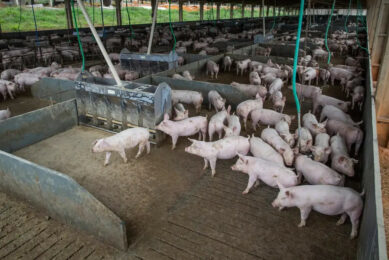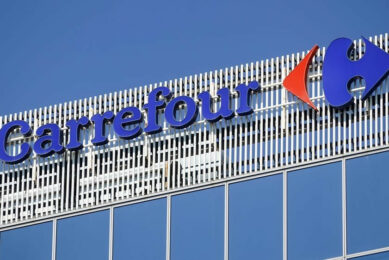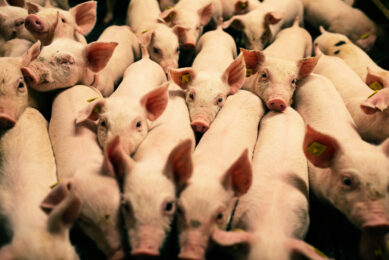British pig industry regains confidence
Britain’s pig production is showing an upward trend in the latest edition of the annual pan-European cost of production analysis produced by the British Pig Executive (BPEX).
The actual cost of production fell by about €0.10 per kg to €1.55 due to lower feed prices and improved performance; however, these same factors led to lower costs in other countries.
Overall, the EU average, excluding Italian Parma ham production, was €1.40 per kg.
Encouraging
BPEX Chief Executive Mick Sloyan said, “It is encouraging to see that the efforts being made by British pig producers to invest in better herd health and improved competitiveness are paying off.”
“However, this report clearly highlights that we have to continue to bridge the gap with our major European competitors.”
Report author Tony Fowler said the number of pigs weaned per sow in Great Britain continued to improve in 2005, due to improvements in pigs born alive per litter and in litters per sow. However in both these key areas Britain remains below the EU average.
Other key points:
• Post-weaning mortality remains relatively high in Britain, but it fell significantly between 2004 and 2005 as a result of the declining incidence of PMWS.
• Recent data show a continued improvement in post-weaning mortality into 2006, with a decline of 0.9% between the second quarter of 2005 and the second quarter of 2006.
• The average daily liveweight gain in finishing herds has been relatively static. But rearing herd DLG showed a substantial improvement in 2005.
• Carcass meat produced per sow in Great Britain was 1.44 metric tonnes in 2005, significantly below the overall average of 1.84 metric tonnes. Nevertheless, the British figures have been on an upward trend, increasing from 1.35 metric tonnes in 2002.
• Costs in Brazil, €0.79/kg, Canada and the US, €0.90/kg are all significantly below EU levels.
Related website:
• British Pig Executive (BPEX)
For the latest pig news, subscribe here











